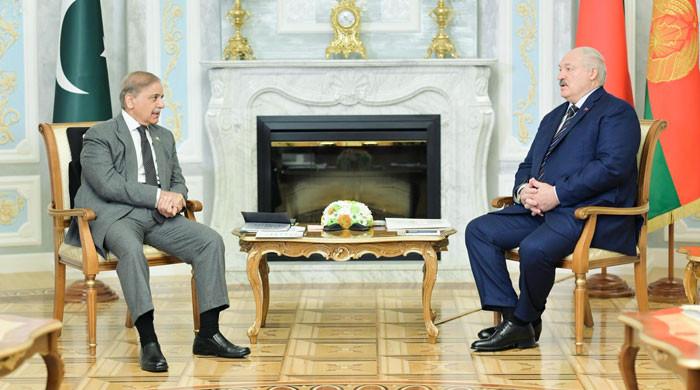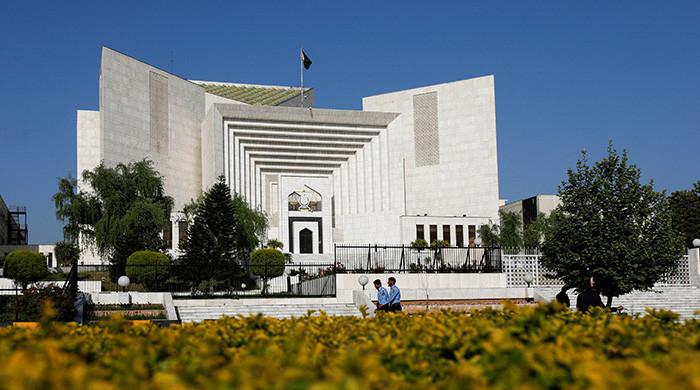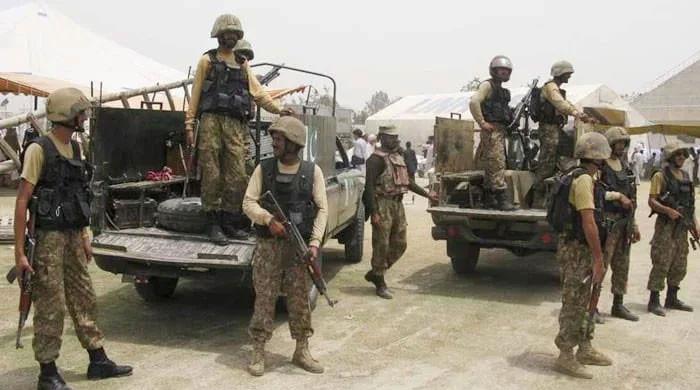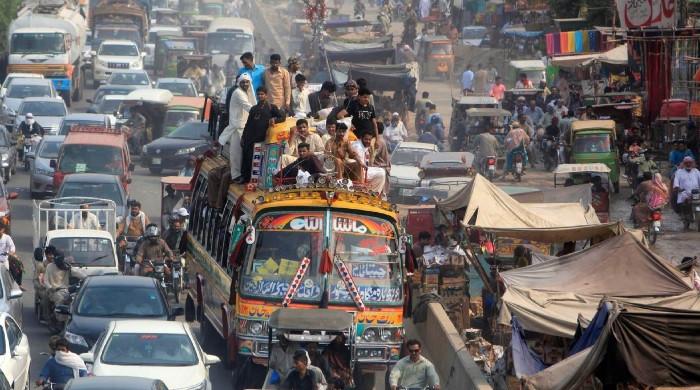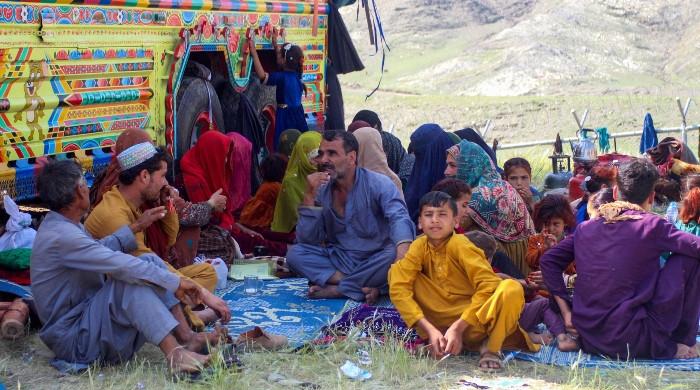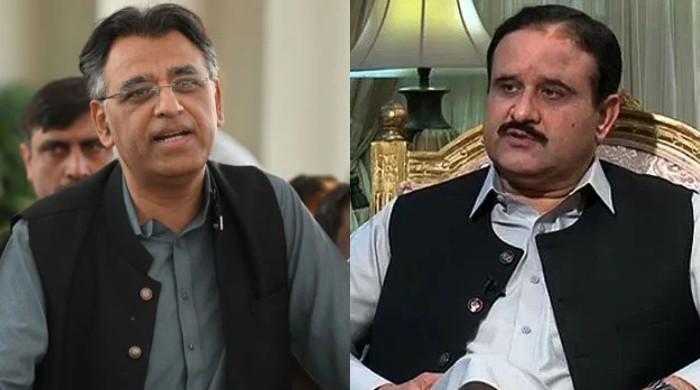‘Master of reconciliation politics’ coming to Parliament
Under the stewardship of Mr. Zardari the PPP has stood by the parliament, as shown during the 2014 ‘dharna’ crisis in Islamabad that endangered the very existence of the National Assembly
December 30, 2016
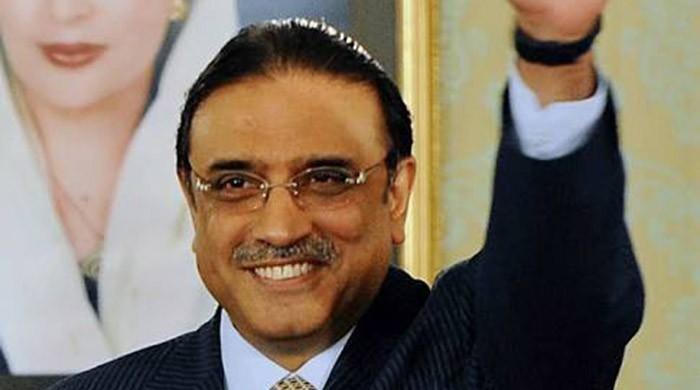
Former president Asif Ali Zardari has turned the table on many who believed he would not return home. He chose the occasion of 9th death anniversary of his spouse Benazir Bhutto to fly back home from Dubai, from where he oversaw and guided the affairs of his Pakistan People’s Party during his year and a half stay abroad, with son Bilawal Bhutto becoming fully functional as chairman to reorganise and revitalise the party.
Mr Zardari, unveiling his promised happy tidings, disclosed in his address to a large crowd gathered in front of the tomb of the slain former prime minister that he along with son Bilawal would run for the National Assembly in bye-elections in the New Year. This again caused disappointment to those within and outside the PPP who wished to see the leadership launching a robust public-backed street campaign against the PML-N government. This segment apparently regarded aggressive approach a politically profitable course for the half a century old party with an eye on the next elections and the aggressive strategy being pursued by the Pakistan Tehreek-e-Insaf -- one of the three key competitors together with PML-N and PPP in the next national vote contest --- to broaden its electoral support base.
It is a widely held perception that the parliament born in 2013 has not lived up to expectations as far its performance over the past three and a half years is concerned. The desired level of interest of its members in their basic tasks in the House representing the will of estimated 200 million citizens has been largely strikingly low. Poor attendance at sessions, from individual members up to the highest echelon, has clearly manifested the dismal state of parliamentary affairs.
The lethargy has led to politics being taken to the streets and entering agitation mode quite often, with a consequential negative fallout for stability and harmony on the political landscape. Issues that could be and should have been sorted out and resolved in the parliament ended up in the Supreme Court, exposing the highest judicial forum to criticism from across the political spectrum over its verdicts, with unavoidable determinant to its image in the public perception. The latest in this connection was the row linked to Panama papers, which ultimately the top court had to deal in the absence any tangible and meaningful efforts by parliamentarians to find a way out through consultations and discussions within the confines of the elected house.
The situation calls for corrective efforts by parliamentary diaspora enjoying perks and privileges at the expense of the public exchequer, who owe it to the nation to create right conditions for consolidation of the fragile democratic system and improvement of life of people, particularly the downtrodden and poverty-stricken masses. This should be the focus in the remaining period of the five-year term of the existing parliament. Seen in this light, the announced move by Asif Ali Zardari to enter the National Assembly is indeed significant. Both the former president and PPP chairman Bilawal Bhutto are set to become part of the National Assembly in the months ahead, their election from PPP stronghold constituencies in Sindh home province being foregone conclusion. It remains to be seen how the entry of the father-son duo would play out and make any difference once they take up their parliamentary seats for the first time.
However, there are good reasons to hope the development would usher in positive trends. Under the stewardship of Mr Zardari the PPP has stood by the parliament, as shown during the 2014 ‘dharna’ crisis in Islamabad that endangered the very existence of the National Assembly and more recently at the time of the capital lockdown in the outgoing year.
It is also worth recalling how Mr Zardari, after being elected president in 2008, went on to cede key presidential powers introduced during the Musharraf regime. Conciliatory politics and resolution of issues through dialogue was the hallmark of his five-year presidency. Though the young PPP chairman has lately exhibited aggressive political posturing, his father is known to have exercised restraining influence. Mr Zardari had completed his full presidential term and marked historic first transfer of power from one elected government to another. He is apparently in favour of another similar democratic transition after holding of elections at the due time in 1918.
The ‘master of reconciliation politics’ – a title assigned by political pundits– is expected to act the same way once he is in the National Assembly and influence the parliamentary conduct of not just his party but also of his allies. His presence may force Prime Minister Nawaz Sharif to come to the parliament regularly and be accountable.
Prime Minister Nawaz Sharif had welcomed Mr Zardari’s announcement to return to the homeland and play his political role, saying he was “happy” and hoped that the former president would have overarching role in running of the former ruling party. Working together in the parliament for common goals, the two major parties can make the fag end span of the present assembly fruitful and productive.




